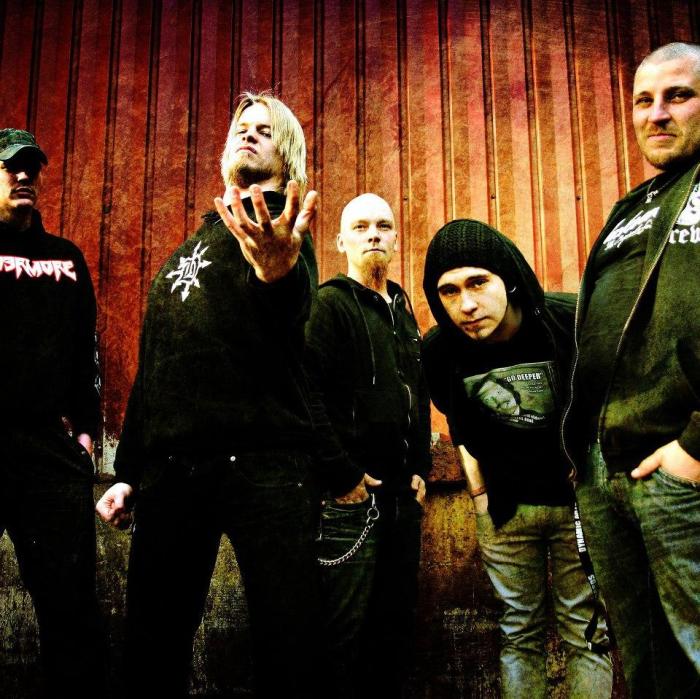Another term for reactive violence is ______ violence. – Another term for reactive violence is retaliatory violence, which refers to aggressive behavior that is motivated by a desire to seek revenge or retribution for a perceived wrong or provocation. This type of violence is often characterized by impulsive and uncontrolled reactions, and it can have significant consequences for individuals and society as a whole.
Reactive violence, also known as retaliatory violence, is a serious issue that can lead to devastating outcomes. Understanding its causes, triggers, consequences, and potential management strategies is crucial for preventing and mitigating its harmful effects.
Reactive Violence and Its Alternative Terminology
Reactive violence, also known as impulsive violence or spontaneous violence, refers to a sudden and aggressive response to a perceived threat or provocation. It is characterized by a lack of premeditation and a rapid escalation of violence, often triggered by external stimuli or internal psychological states.
An alternative term for reactive violence is “reflexive violence”. This term highlights the automatic and impulsive nature of this type of violence, which is often seen as a knee-jerk reaction to a perceived threat.
Causes and Triggers of Reactive Violence

Reactive violence can be caused by a variety of factors, including:
- External stimuli: These include physical threats, verbal provocations, or other forms of perceived aggression.
- Internal psychological states: These include feelings of anger, frustration, or fear, which can lower inhibitions and increase the likelihood of a violent response.
Consequences of Reactive Violence

Reactive violence can have devastating consequences for individuals, families, and communities. These consequences can include:
- Physical injuries: Reactive violence can result in serious physical injuries, including bruises, cuts, broken bones, and even death.
- Emotional trauma: Victims of reactive violence may experience fear, anxiety, depression, and other forms of emotional distress.
- Social consequences: Reactive violence can lead to social isolation, relationship problems, and difficulty finding employment.
Management and Prevention of Reactive Violence

There are a number of strategies that can be used to manage and prevent reactive violence. These strategies include:
- Cognitive behavioral therapy (CBT): CBT can help individuals identify and change the negative thoughts and behaviors that contribute to reactive violence.
- Anger management techniques: Anger management techniques can help individuals learn how to manage their anger and respond to provocations in a more constructive way.
- Mindfulness: Mindfulness can help individuals become more aware of their thoughts and feelings, and to respond to provocations with greater self-control.
Ethical and Legal Implications of Reactive Violence: Another Term For Reactive Violence Is ______ Violence.
Reactive violence raises a number of ethical and legal considerations. These considerations include:
- The right to self-defense: Individuals have the right to use reasonable force to defend themselves against an imminent threat of violence.
- The concept of diminished responsibility: In some cases, individuals who commit reactive violence may be found to have diminished responsibility due to factors such as mental illness or intoxication.
Commonly Asked Questions
What are the key characteristics of reactive violence?
Reactive violence is typically characterized by impulsive and uncontrolled reactions, a desire for revenge or retribution, and a lack of premeditation.
What are the common triggers of reactive violence?
Reactive violence can be triggered by a wide range of factors, including perceived threats, insults, or provocations, as well as external stimuli such as loud noises or bright lights.
What are the potential consequences of reactive violence?
Reactive violence can have devastating consequences, including physical injuries, emotional trauma, legal repercussions, and damage to relationships and communities.